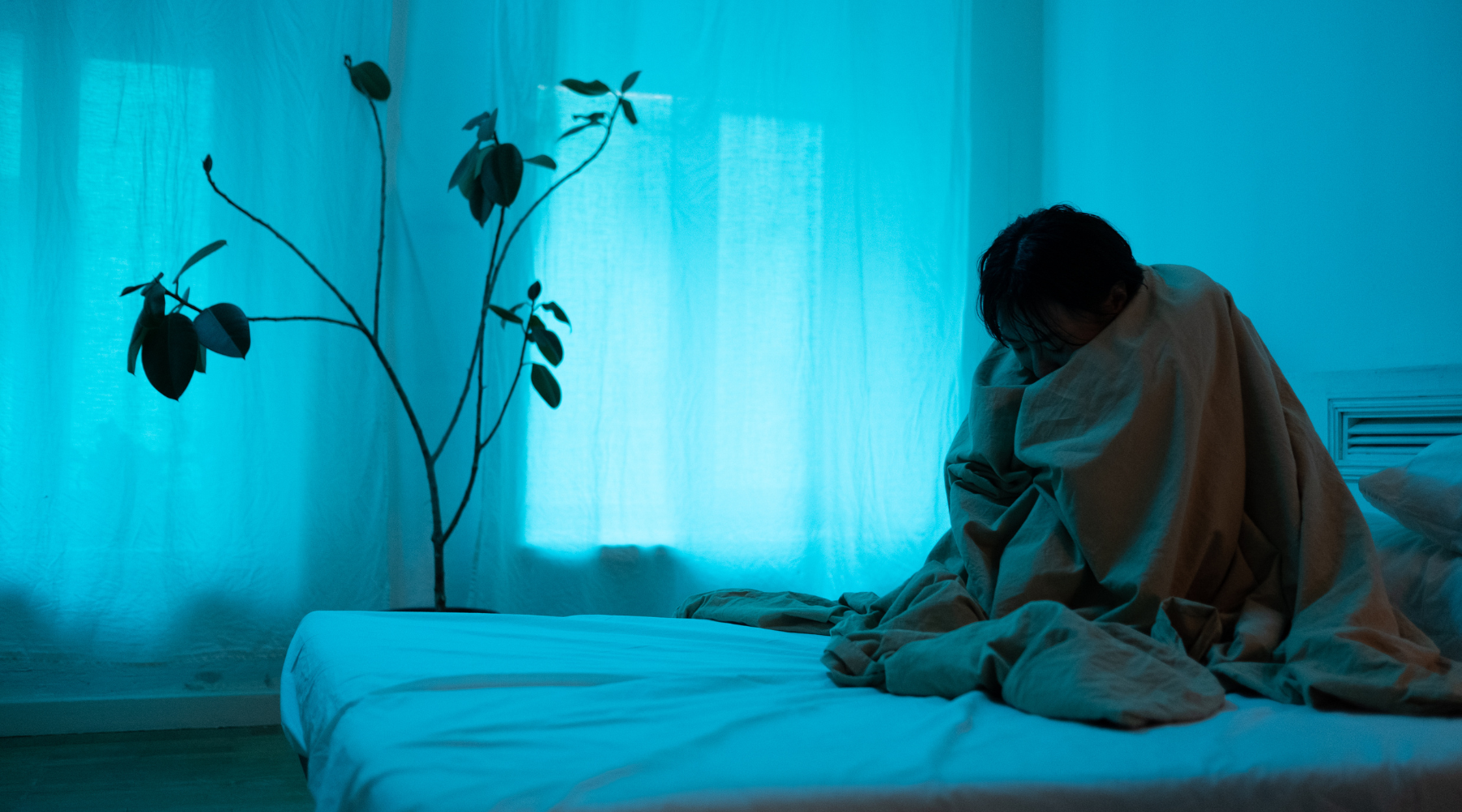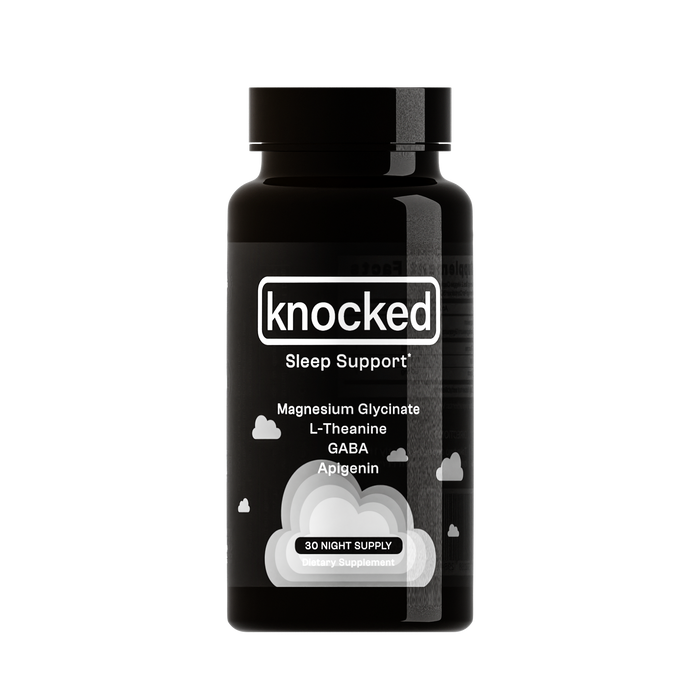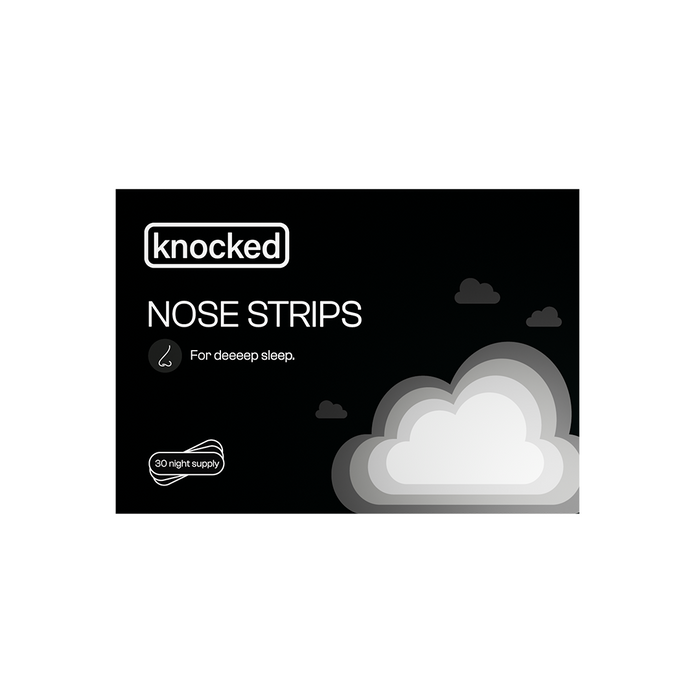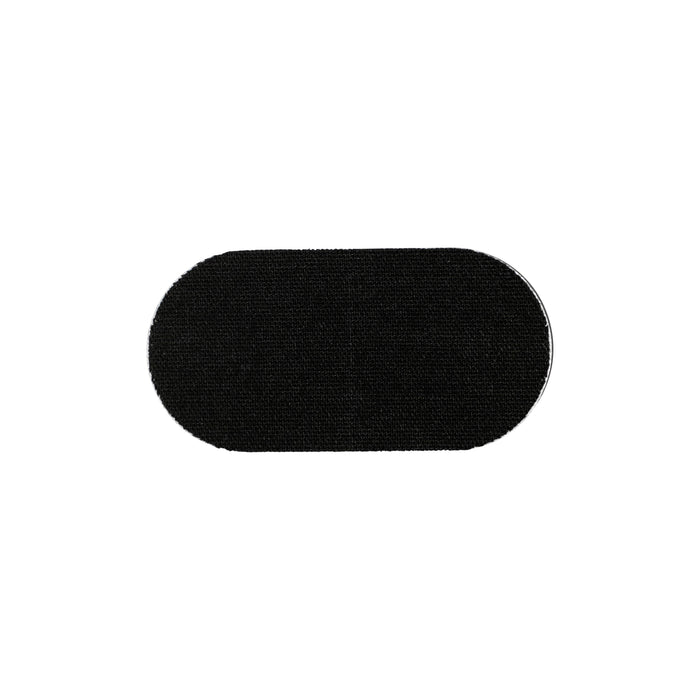

Understanding the Relationship Between Depression and Sleep
Depression and sleep are closely linked, and people with depression often experience sleep disturbances. In this article, we'll answer some common questions about the relationship between depression and sleep and explore how sleep affects depression on a biological level.
How does sleep affect depression?
Studies have consistently shown that people with depression experience sleep disturbances, such as difficulty falling asleep, frequent awakenings, and early morning awakenings. These sleep disturbances can exacerbate depressive symptoms, such as low mood, lack of energy, and irritability. In fact, sleep deprivation is often used as a tool to induce temporary depressive symptoms in research studies. On the other hand, improving sleep quality and quantity has been shown to improve mood and reduce symptoms of depression.
How does sleep impact mood?
One way in which sleep impacts mood is through its effect on emotional regulation. During REM (rapid eye movement) sleep, the brain processes emotional experiences and helps regulate emotions. Sleep deprivation can disrupt this process, leading to emotional dysregulation and increased risk of depression and anxiety.
How can improving sleep quality help reduce symptoms of anxiety?
Research has shown that addressing sleep disturbances can help manage symptoms of anxiety. In one study, participants who received cognitive-behavioral therapy for insomnia showed significant improvements in both sleep and anxiety symptoms. This suggests that improving sleep quality and quantity can have a positive impact on emotional well-being and reduce the risk of anxiety and other related health problems.
What can I do to improve my sleep quality?
To improve your sleep quality, it's essential to prioritize good sleep habits, including:
Sources
How does sleep affect depression?
Studies have consistently shown that people with depression experience sleep disturbances, such as difficulty falling asleep, frequent awakenings, and early morning awakenings. These sleep disturbances can exacerbate depressive symptoms, such as low mood, lack of energy, and irritability. In fact, sleep deprivation is often used as a tool to induce temporary depressive symptoms in research studies. On the other hand, improving sleep quality and quantity has been shown to improve mood and reduce symptoms of depression.
How does sleep impact mood?
One way in which sleep impacts mood is through its effect on emotional regulation. During REM (rapid eye movement) sleep, the brain processes emotional experiences and helps regulate emotions. Sleep deprivation can disrupt this process, leading to emotional dysregulation and increased risk of depression and anxiety.
How can improving sleep quality help reduce symptoms of anxiety?
Research has shown that addressing sleep disturbances can help manage symptoms of anxiety. In one study, participants who received cognitive-behavioral therapy for insomnia showed significant improvements in both sleep and anxiety symptoms. This suggests that improving sleep quality and quantity can have a positive impact on emotional well-being and reduce the risk of anxiety and other related health problems.
What can I do to improve my sleep quality?
To improve your sleep quality, it's essential to prioritize good sleep habits, including:
- Consistent bedtimes and wake-up times
- Creating a comfortable sleep environment, such as a cool, dark, and quiet bedroom
- Avoiding stimulating activities before bed, such as using electronic devices or exercising
- Limiting caffeine and alcohol intake, especially in the evening
- By prioritizing good sleep habits, you can improve your sleep quality and quantity, regulate your emotions, improve your mood, and reduce the risk of mood disorders and other related health problems.
Sources
- https://www.ncbi.nlm.nih.gov/pmc/articles/PMC3181883
- https://www.sleepfoundation.org/mental-health/depression-and-sleep
- https://www.hopkinsmedicine.org/health/wellness-and-prevention/depression-and-sleep-understanding-the-connection






